Find Help
More Items From Ergsy search
-
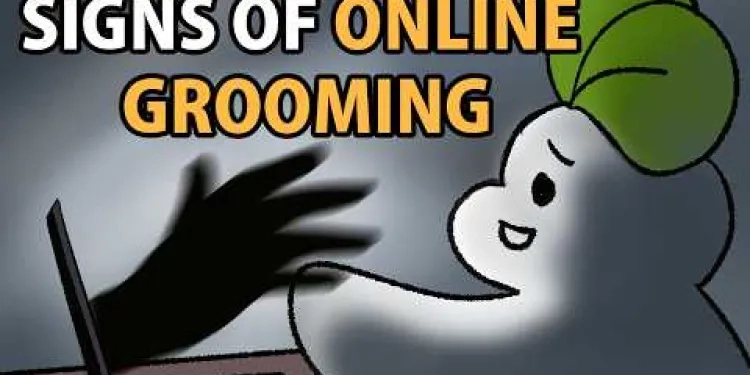
5 Warning Signs of Online Grooming
Relevance: 100%
-
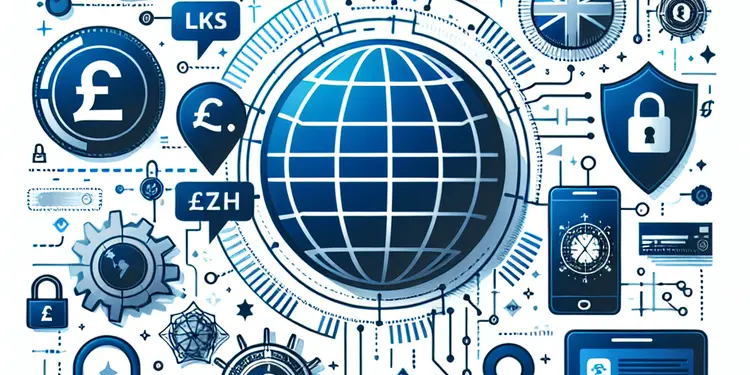
How does online grooming typically start?
Relevance: 58%
-

Can grooming happen in real-life settings, not just online?
Relevance: 57%
-

What are the common signs that a child might be a victim of grooming?
Relevance: 51%
-

How can I tell if my child is being groomed?
Relevance: 49%
-

Is it possible to prevent grooming entirely?
Relevance: 48%
-
What are the early warning signs of an eating disorder?
Relevance: 46%
-
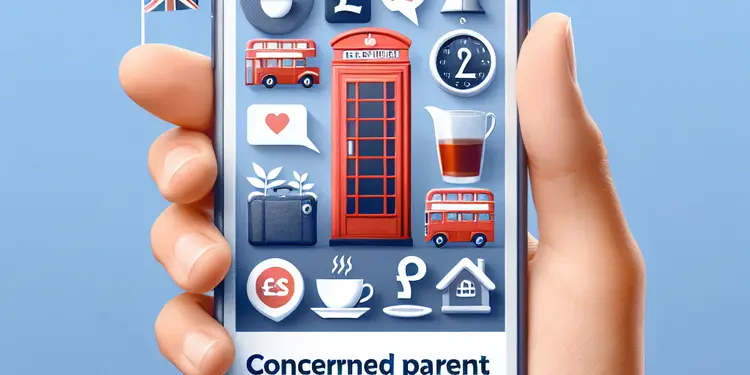
What should I do if I suspect my child is being groomed?
Relevance: 46%
-

What professional resources are available if grooming is suspected?
Relevance: 46%
-
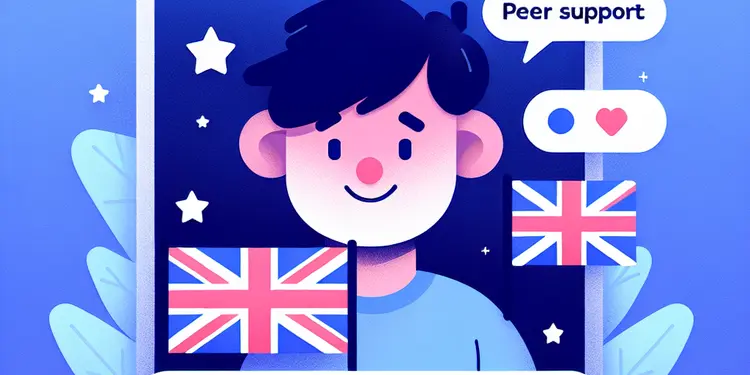
What is the role of peer support in preventing grooming?
Relevance: 45%
-
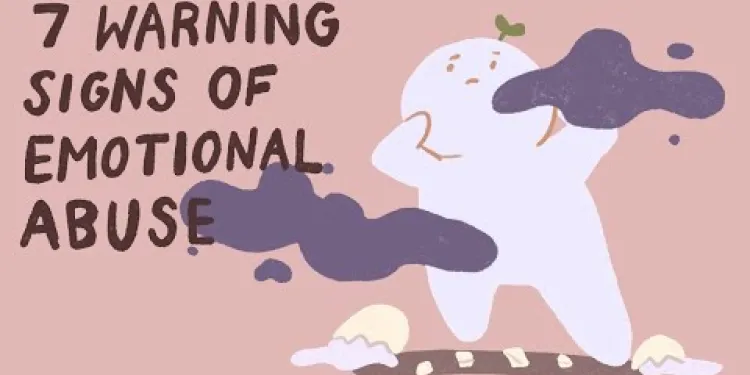
7 Warning Signs of Emotional Abuse
Relevance: 44%
-
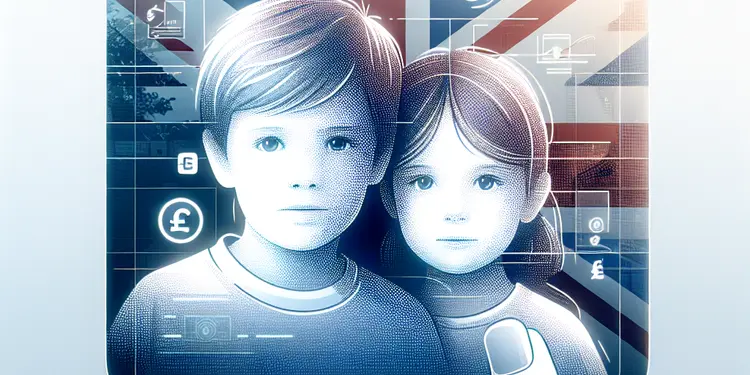
Are boys or girls more likely to be targets of grooming?
Relevance: 43%
-
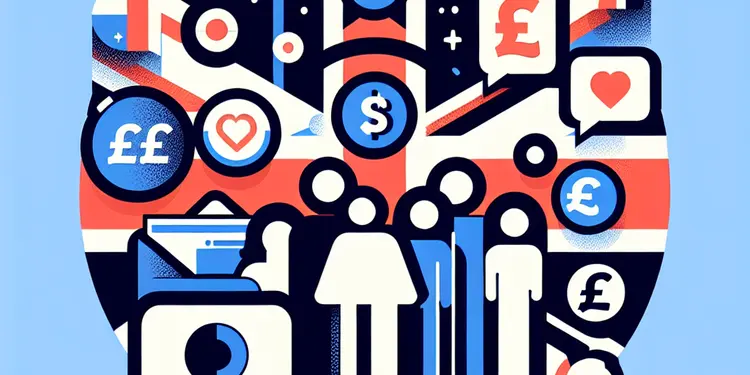
How important is family involvement in identifying grooming behaviors?
Relevance: 43%
-
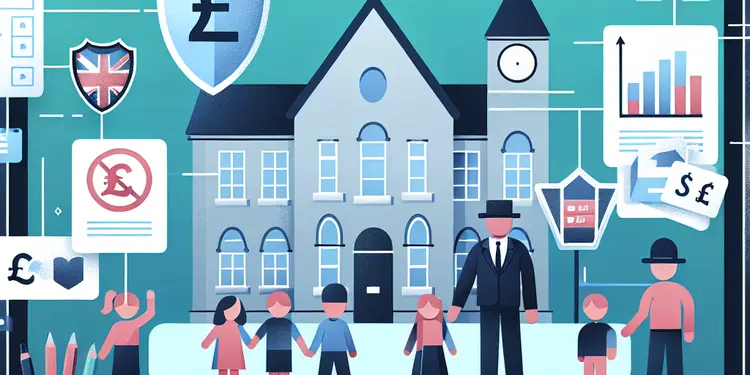
How can I educate my child to recognize grooming behaviors?
Relevance: 42%
-
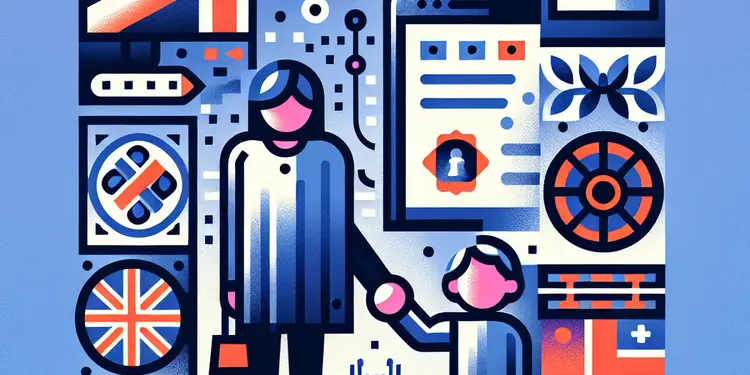
Should I limit my child's internet usage to prevent grooming?
Relevance: 42%
-

Are there specific apps or websites where grooming is more prevalent?
Relevance: 41%
-

How does self-esteem affect a child's susceptibility to grooming?
Relevance: 41%
-

What age group is most at risk for grooming?
Relevance: 41%
-

What are the warning signs of a potential director dispute?
Relevance: 40%
-

How can I tell the difference between normal teenage secrecy and potential grooming?
Relevance: 39%
-
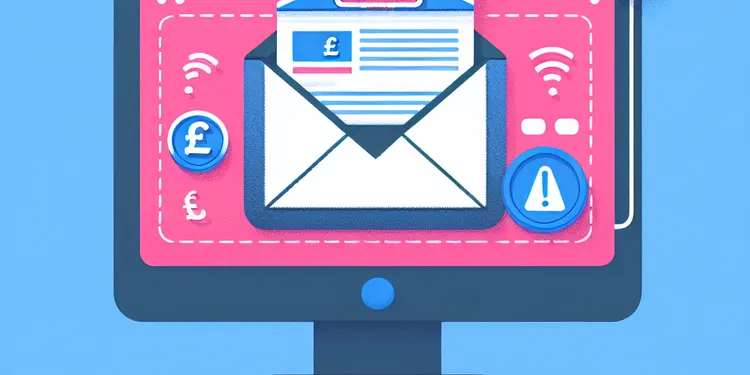
Are unsolicited emails about weight loss drugs a warning sign?
Relevance: 38%
-

What role does secrecy play in the grooming process?
Relevance: 37%
-
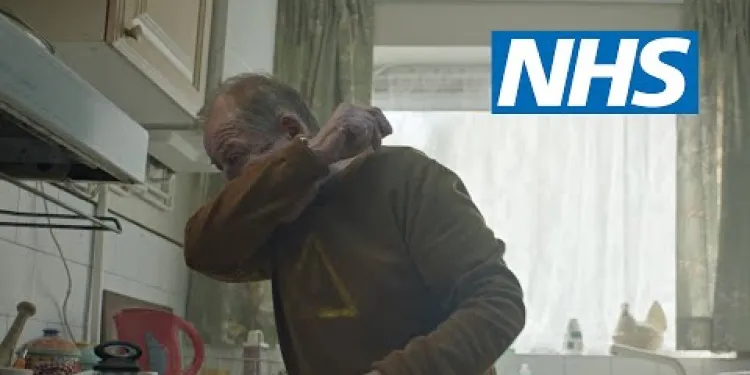
Had a cough for three weeks or more? It could be a warning sign | NHS
Relevance: 34%
-

What are the warning signs that an elderly person should stop driving?
Relevance: 32%
-

What is bronchiolitis in children? The symptoms, warning signs and when to seek medical help
Relevance: 29%
-
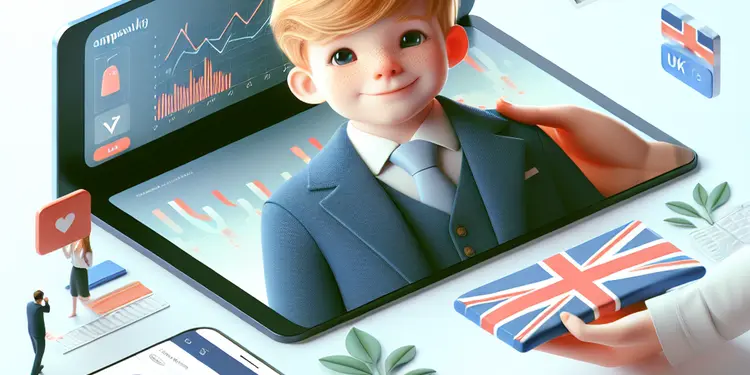
How can I build my child's self-confidence to help prevent grooming?
Relevance: 28%
-
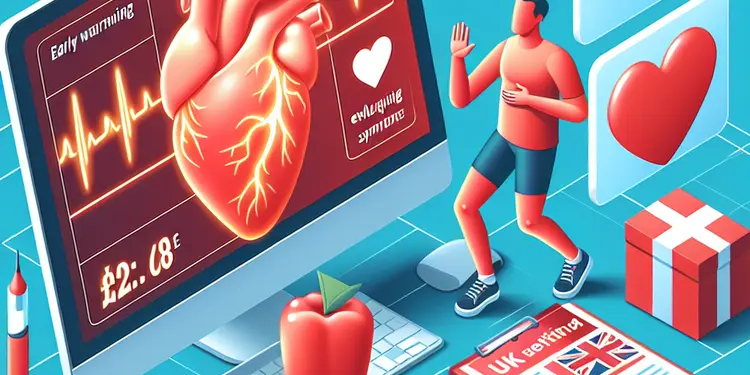
Are there any early warning signs of a heart attack?
Relevance: 26%
-

Do groomers target children with specific vulnerabilities?
Relevance: 25%
-

What are the signs of heat exhaustion?
Relevance: 25%
-
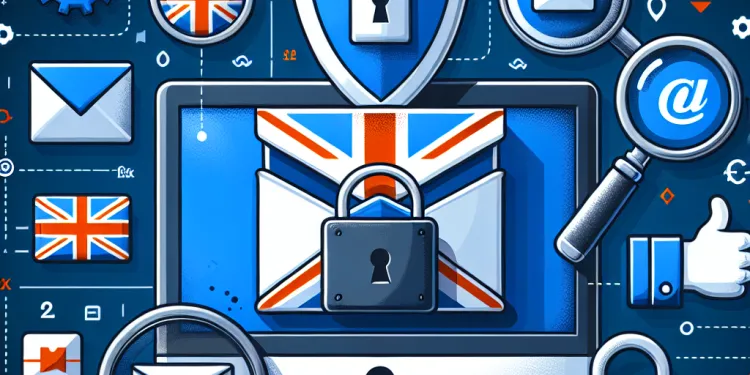
What are some signs that my email might be hacked?
Relevance: 24%
-

Is online sale of e-cigarettes still allowed?
Relevance: 24%
-

What are the signs of meningitis in infants?
Relevance: 24%
-
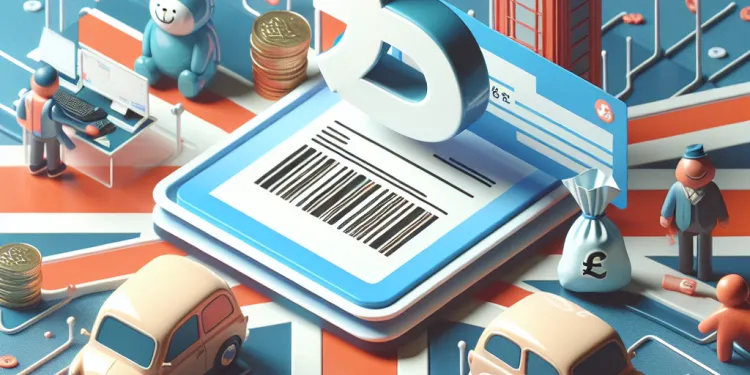
How do you sign up for the Postcode Lottery?
Relevance: 24%
-
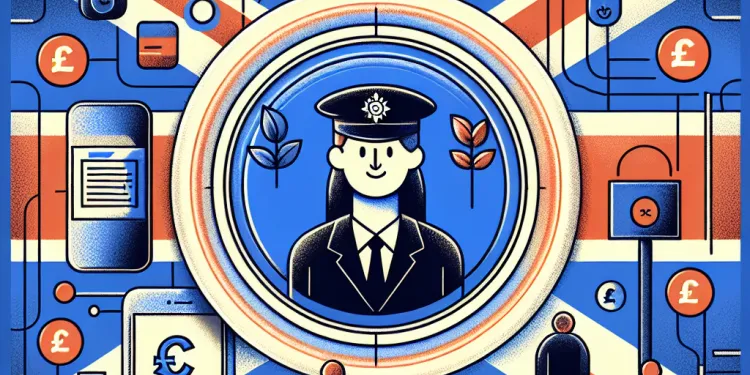
What are the signs of honour based abuse?
Relevance: 23%
-
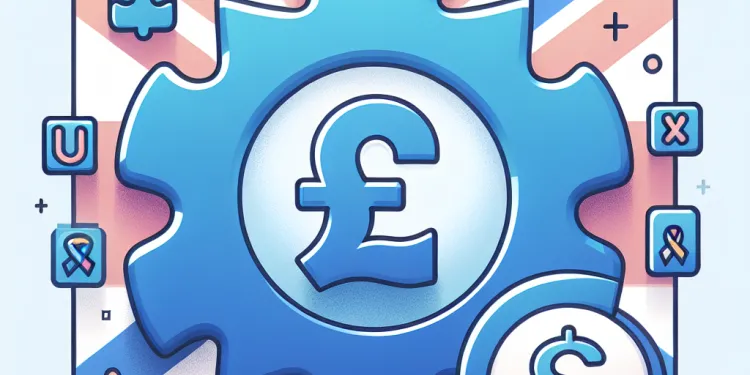
What are the signs of autism?
Relevance: 22%
-

Can I order a FIT test online?
Relevance: 21%
-
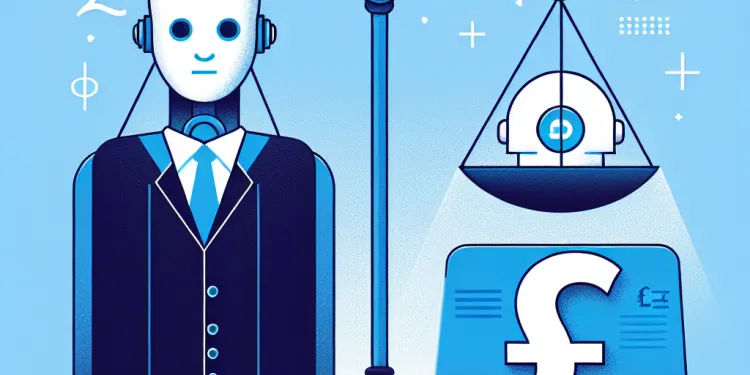
Legal Experts Warn of Consequences in Upcoming AI Regulation Bill
Relevance: 21%
-
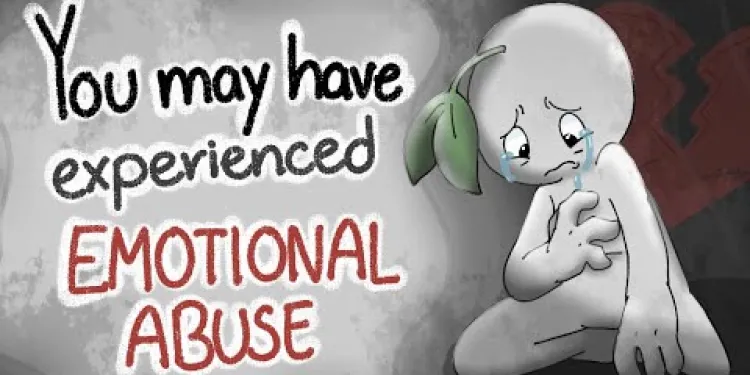
6 Signs of Emotional Abuse and Neglect
Relevance: 21%
-

Health Officials Warn Against 'DIY' Health Remedies Amid Supply Chain Issues
Relevance: 21%
-

Worried about signs that could be cancer? Contact your GP practice | NHS
Relevance: 20%
5 Warning Signs of Online Grooming
1. Excessive Secrecy About Online Activities
One of the first signs of online grooming is when an individual becomes increasingly secretive about their online activities. They may quickly close tabs or switch screens when others are around, or they might refuse to share any details about who they are speaking with online. This behavior is often prompted by the groomer's insistence on keeping the relationship a secret to avoid detection by the victim's family and friends.
2. Changes in Behaviour and Mood
Online grooming can significantly affect an individual's mood and behavior. Victims may become inexplicably withdrawn, anxious, or depressed. The manipulative nature of groomers can lead to confusion and low self-esteem in victims. Conversely, sudden bursts of hyperactivity or happiness can also be a sign, often resulting from gaining praise or attention from the groomer.
3. Receiving Gifts or Money
Groomers may send money and presents to build trust and loyalty. These could include items that are hard to explain, such as electronics, clothing, or gift cards. If someone notices unexplained possessions or increased funds, it might be a critical sign that they are being groomed. Such gifts are part of a strategy to establish an emotional bond and a sense of obligation.
4. Talking to Online Friends Reluctantly
When talking about online interactions, those being groomed might use terms like "friend" or "mentor" when discussing someone they’ve never met in person, meanwhile displaying reluctance or vagueness in providing information about these individuals. This vagueness often arises because the groomer has coached the victim to avoid discussions that could raise suspicion.
5. Fear of Going to Certain Places or Events
If someone suddenly fears going to certain places or attending specific events, particularly when previously they had no issue with these activities, it could be linked to groomer influence. Such fear might stem from a groomer's coercive advice as they might control or direct victims’ social activities to isolate them further from friends and family.
It is essential to remain vigilant and foster open communication to combat online grooming. If any of these warning signs are noticed, it is crucial to approach the situation with care and seek professional guidance or legal assistance if necessary in the United Kingdom.
5 Signs of Online Grooming
1. Keeping Secrets About Online Activities
If someone keeps secrets about what they are doing online, it might be a warning sign. They may quickly change the screen when someone walks by, or they don't want to talk about who they are chatting with. This is because the person trying to groom them wants to keep it a secret from their family and friends.
2. Changes in How They Act or Feel
Online grooming can change how someone feels and acts. They might become very quiet, worried, or sad. The groomer can make them feel confused and bad about themselves. Sometimes, they might seem too happy if the groomer gives them attention.
3. Getting Gifts or Money
Groomers might give gifts or money to make the person trust them. These gifts might be things like electronics, clothes, or gift cards. If someone suddenly has new things they can't explain, it might be a sign of grooming. These gifts make the person feel like they owe the groomer something.
4. Talking About Online Friends Secretively
If someone talks about online friends but acts secretive, it might be a sign. They may call someone a "friend" or "mentor" even though they've never met in person. They might not want to give details because the groomer told them not to.
5. Afraid to Go Certain Places
If someone is suddenly scared to go to places they used to visit, it could be because of the groomer. The groomer might tell them not to go, to keep them away from family and friends.
To fight online grooming, it's important to talk openly and watch for these signs. If you see any of these signs, talk to a trusted adult or get help from professionals. It's important to act carefully and seek help if you need it.
Frequently Asked Questions
What is online grooming?
Online grooming is a process by which someone builds an online relationship with a child or vulnerable person to manipulate and exploit them, usually for sexual abuse or exploitation.
What are some warning signs that my child might be experiencing online grooming?
Signs include secretive online behaviour, receiving gifts or money, sudden changes in device usage, becoming withdrawn or agitated, and talking about new online friends.
Why is my child receiving gifts from someone they met online?
Groomers often send gifts to gain trust and make a child feel special or obligated, which can be a warning sign of grooming behaviour.
How can I talk to my child about online grooming without scaring them?
Approach the conversation with openness and calmness. Use age-appropriate language and explain the risks without inducing fear. Emphasise that they can talk to you about anything.
What should I do if I suspect my child is being groomed online?
If you suspect grooming, report it to the authorities immediately. Keep records of conversations and activities, and seek advice from organisations like the NSPCC or CEOP.
How can I monitor my child's internet usage?
Use parental controls, monitor their social media activity, and encourage open communication about their online interactions.
Can online gaming be a platform for grooming?
Yes, groomers can use online games to contact and groom children by posing as fellow gamers, offering tips, or giving gifts within the game.
Are there any common phrases or topics groomers might use?
Groomers often discuss secret topics, make flattery or special remarks, and discuss adult themes to desensitise the child.
Is it common for groomers to pretend to be younger or the same age as the child?
Yes, groomers often pretend to be a child's age to build rapport and trust, sometimes using fake profiles or images.
What kind of platforms are commonly used for grooming?
Social media, chat apps, and games with chat functions are common platforms used for grooming, as they facilitate private conversations.
How can I ensure my child knows the risks of sharing personal information online?
Educate them about the dangers of sharing personal information and use real-life examples of why privacy is important.
Is it important to know who my child talks to online?
Yes, being aware of your child's online friends can help you identify potential risks and talk to them about safe online interactions.
Can adults also be victims of online grooming?
While online grooming is more commonly associated with children, vulnerable adults can also be targets for manipulation and exploitation.
What should I do if my child becomes secretive about their internet use?
Approach them with concern rather than anger, ask open-ended questions, and reassure them of your support. Consider checking their devices for suspicious activity.
Which organisations can help with online grooming concerns in the UK?
In the UK, organisations like the NSPCC, Childline, and CEOP (Child Exploitation and Online Protection Command) provide support and advice for dealing with online grooming.
What is online grooming?
Online grooming is when a person tries to make friends with a child on the internet. They do this to trick the child and harm them later.
Here are some ways to stay safe:
- Only talk to people you know in real life.
- Tell an adult if someone online makes you feel uncomfortable.
- Use privacy settings to keep your information private.
Remember: It's okay to say "no" if someone asks you to do something that feels wrong.
Online grooming is when someone tries to be friends with a child or someone who might be easily tricked. They do this on the internet. They want to control and take advantage of them, often in a bad way like for sexual abuse.
Signs Your Child Might Be in Danger Online
It's important to keep your child safe on the internet. Here are some signs that something might be wrong:
- Your child spends a lot of time online, especially at night.
- They seem upset or secretive about their online activities.
- You notice changes in their behavior or mood.
- They talk about a new "friend" they met online.
- They get gifts or packages from someone you don't know.
Here are some things you can do to help:
- Talk to your child about online safety.
- Use tools that let you see what your child does online.
- Set up rules for using the internet.
- Encourage your child to tell you if something feels wrong.
Here are some things to look out for:
- Spending time online in secret
- Getting gifts or money
- Using their phone or computer a lot more or a lot less
- Seeming sad or angry
- Talking about new friends from the internet
If you're worried, you can talk to a trusted adult or use tools that help keep you safe online.
Why is my child getting gifts from someone they met online?
If your child is getting gifts from someone they met online, it's important to be careful. Here are some simple things to think about and do:
- Talk with your child about the gifts. Ask questions like "Who sent this?" and "Why do you think they sent it?".
- Make sure your child knows not to give their address to people they meet online.
- Teach your child to be careful about sharing personal information online.
- If you're worried, talk to a trusted adult or call a support line for help.
Using tools like parental controls or monitoring apps can help keep your child safe online. Make sure to have open conversations about online safety.
Bad people sometimes try to trick children by giving them gifts. They do this to make the child trust them and feel special. This can be a sign that they are up to something bad.
If you ever feel unsure about someone, talk to a trusted adult like a parent, teacher, or carer. Using a picture or story to explain can also help you feel more comfortable.
How can I talk to my child about staying safe online?
Talking to children about staying safe on the internet is important. You want to keep it simple and friendly so they don’t feel scared.
Start by telling them that not everyone online is who they say they are. It's like make-believe games where people can pretend to be someone else.
Let them know they can always come to you if something makes them feel unsure or unhappy.
Use kind words and keep the chat open. Make sure they know you’re there to help.
You can watch videos or read books about internet safety together. This can help make the topic easier to understand.
Talk in a calm and friendly way. Use simple words that are easy to understand. Tell them the dangers without scaring them. Let them know they can tell you anything.
What do I do if I think someone is trying to trick my child online?
If you think someone might be trying to trick or hurt a child, tell the police right away. Write down what was said and done. You can also ask for help from groups like NSPCC or CEOP.
How can I check what my child does on the internet?
You want to make sure your child is safe when using the internet. Here are some easy ways to do that:
- Use special apps or programs to see what websites they visit.
- Talk with your child about what is okay to look at and what is not.
- Keep the computer or tablet in a shared space like the living room.
- Set time limits for how long they can use the internet each day.
It helps to talk with your child often about staying safe online.
Ask an adult to help you use safety tools on your computer, like parental controls. Keep an eye on what you do on social media. It is important to talk openly with someone you trust about what you do online.
Can online games be a place where bad people try to trick kids?
Some people use online games to make friends. But, sometimes bad people try to trick kids in these games. It's important to be careful.
If you play games online, here are some tips to stay safe:
- Only play games for your age.
- Don't share personal information like your name or where you live.
- Tell a trusted adult if someone makes you feel uncomfortable.
- Use tools like parental controls to help keep you safe.
Always stay safe and have fun!
Yes, bad people can use online games to talk to kids. They might pretend to be other players. They might offer help or give gifts in the game.
What words or topics do bad people often use?
Some people who try to trick kids often talk about secrets, say nice things to make the kids like them, or talk about adult stuff to make the kids feel it's normal.
Do people who try to trick kids often pretend to be younger?
Sometimes, people who shouldn't do this will pretend they are the same age as kids. They do this to try to be friends with them.
Here are some ways to stay safe online:
- Talk to a grown-up you trust if someone makes you feel uncomfortable.
- Remember that it's okay to say no.
- Don't share personal information with people you don't know.
- Use safe websites and apps with the help of a grown-up.
Yes, sometimes bad people pretend to be a child's age. They do this to make friends and gain trust. They might use fake pictures or profiles to trick you.
What apps do bad people use to trick kids?
People who want to trick kids often use social media, chat apps, and games with chatting. These let them have private talks.
How can I teach my child about sharing personal information online?
Do you want to help your child understand the dangers of sharing too much online? Here are some simple ideas:
- Talk with your child about why it's important not to share personal things like their full name, address, or phone number online.
- Explain that once something is on the internet, it can be hard to take it back.
- Show them how to use privacy settings on social media and websites.
- Help them set up strong passwords and remind them not to share these with anyone.
- Practice by playing pretend: ask them what they would do if a stranger asked for their personal information online.
Some tools can help you and your child stay safe online:
- Use apps that teach online safety through games and activities.
- Set up parental controls on devices to monitor what your child is doing online.
By talking often and using these tools, you can help your child stay safe on the internet.
Teach them why it is dangerous to share private details. Use real stories to show why keeping information safe is important.
Why should I know who my child talks to online?
It is good to know who your child talks to on the internet. This helps keep your child safe.
Here are some helpful tips:
- Ask your child who they chat with online.
- Make sure they only talk to people they know and trust.
- Use tools that help keep children safe online.
Yes, knowing who your child's online friends are can help you keep them safe. You can see if there are any problems and talk to your child about staying safe online.
Can grown-ups be tricked online too?
Online grooming can happen to kids and adults who might need extra help. Some people may try to trick or take advantage of them.
What should I do if my child hides what they do online?
Kids like going on the internet to play and talk to friends. But sometimes, they might keep secrets about what they do online. If this happens, you can:
- Talk to them gently. Ask them about what they like doing online.
- Explain why it's important to be safe online.
- Set rules together about when and how they use the internet.
- Use tools like parental controls to help keep them safe.
It’s important to keep talking with your child and help them stay safe online.
Talk to them with care, not anger. Ask questions that let them explain things. Let them know you are there to help. You could also look at their phones or computers to see if there is anything odd happening.
Who can help if someone is worried about online grooming in the UK?
If you are worried about online grooming, there are people who can help you.
Here are some groups in the UK that you can talk to:
- Childline: They help young people. You can call them or chat online.
- Thinkuknow: They teach you how to stay safe online.
- NSPCC: They protect children. They also have a helpline.
- CEOP: They catch online criminals. You can report problems to them.
These people will listen. They will help you stay safe.
Ask a trusted adult for help. An adult can use a computer or phone with you.
In the UK, there are places that can help if someone is being bothered online. You can talk to the NSPCC, Childline, or CEOP (Child Exploitation and Online Protection Command). They have good advice and support.
Useful Links
This website offers general information and is not a substitute for professional advice.
Always seek guidance from qualified professionals.
If you have any medical concerns or need urgent help, contact a healthcare professional or emergency services immediately.
Some of this content was generated with AI assistance. We’ve done our best to keep it accurate, helpful, and human-friendly.
- Ergsy carfully checks the information in the videos we provide here.
- Videos shown by Youtube after a video has completed, have NOT been reviewed by ERGSY.
- To view, click the arrow in centre of video.
- Most of the videos you find here will have subtitles and/or closed captions available.
- You may need to turn these on, and choose your preferred language.
- Go to the video you'd like to watch.
- If closed captions (CC) are available, settings will be visible on the bottom right of the video player.
- To turn on Captions, click settings .
- To turn off Captions, click settings again.
More Items From Ergsy search
-

5 Warning Signs of Online Grooming
Relevance: 100%
-

How does online grooming typically start?
Relevance: 58%
-

Can grooming happen in real-life settings, not just online?
Relevance: 57%
-

What are the common signs that a child might be a victim of grooming?
Relevance: 51%
-

How can I tell if my child is being groomed?
Relevance: 49%
-

Is it possible to prevent grooming entirely?
Relevance: 48%
-
What are the early warning signs of an eating disorder?
Relevance: 46%
-

What should I do if I suspect my child is being groomed?
Relevance: 46%
-

What professional resources are available if grooming is suspected?
Relevance: 46%
-

What is the role of peer support in preventing grooming?
Relevance: 45%
-

7 Warning Signs of Emotional Abuse
Relevance: 44%
-

Are boys or girls more likely to be targets of grooming?
Relevance: 43%
-

How important is family involvement in identifying grooming behaviors?
Relevance: 43%
-

How can I educate my child to recognize grooming behaviors?
Relevance: 42%
-

Should I limit my child's internet usage to prevent grooming?
Relevance: 42%
-

Are there specific apps or websites where grooming is more prevalent?
Relevance: 41%
-

How does self-esteem affect a child's susceptibility to grooming?
Relevance: 41%
-

What age group is most at risk for grooming?
Relevance: 41%
-

What are the warning signs of a potential director dispute?
Relevance: 40%
-

How can I tell the difference between normal teenage secrecy and potential grooming?
Relevance: 39%
-

Are unsolicited emails about weight loss drugs a warning sign?
Relevance: 38%
-

What role does secrecy play in the grooming process?
Relevance: 37%
-

Had a cough for three weeks or more? It could be a warning sign | NHS
Relevance: 34%
-

What are the warning signs that an elderly person should stop driving?
Relevance: 32%
-

What is bronchiolitis in children? The symptoms, warning signs and when to seek medical help
Relevance: 29%
-

How can I build my child's self-confidence to help prevent grooming?
Relevance: 28%
-

Are there any early warning signs of a heart attack?
Relevance: 26%
-

Do groomers target children with specific vulnerabilities?
Relevance: 25%
-

What are the signs of heat exhaustion?
Relevance: 25%
-

What are some signs that my email might be hacked?
Relevance: 24%
-

Is online sale of e-cigarettes still allowed?
Relevance: 24%
-

What are the signs of meningitis in infants?
Relevance: 24%
-

How do you sign up for the Postcode Lottery?
Relevance: 24%
-

What are the signs of honour based abuse?
Relevance: 23%
-

What are the signs of autism?
Relevance: 22%
-

Can I order a FIT test online?
Relevance: 21%
-

Legal Experts Warn of Consequences in Upcoming AI Regulation Bill
Relevance: 21%
-

6 Signs of Emotional Abuse and Neglect
Relevance: 21%
-

Health Officials Warn Against 'DIY' Health Remedies Amid Supply Chain Issues
Relevance: 21%
-

Worried about signs that could be cancer? Contact your GP practice | NHS
Relevance: 20%


